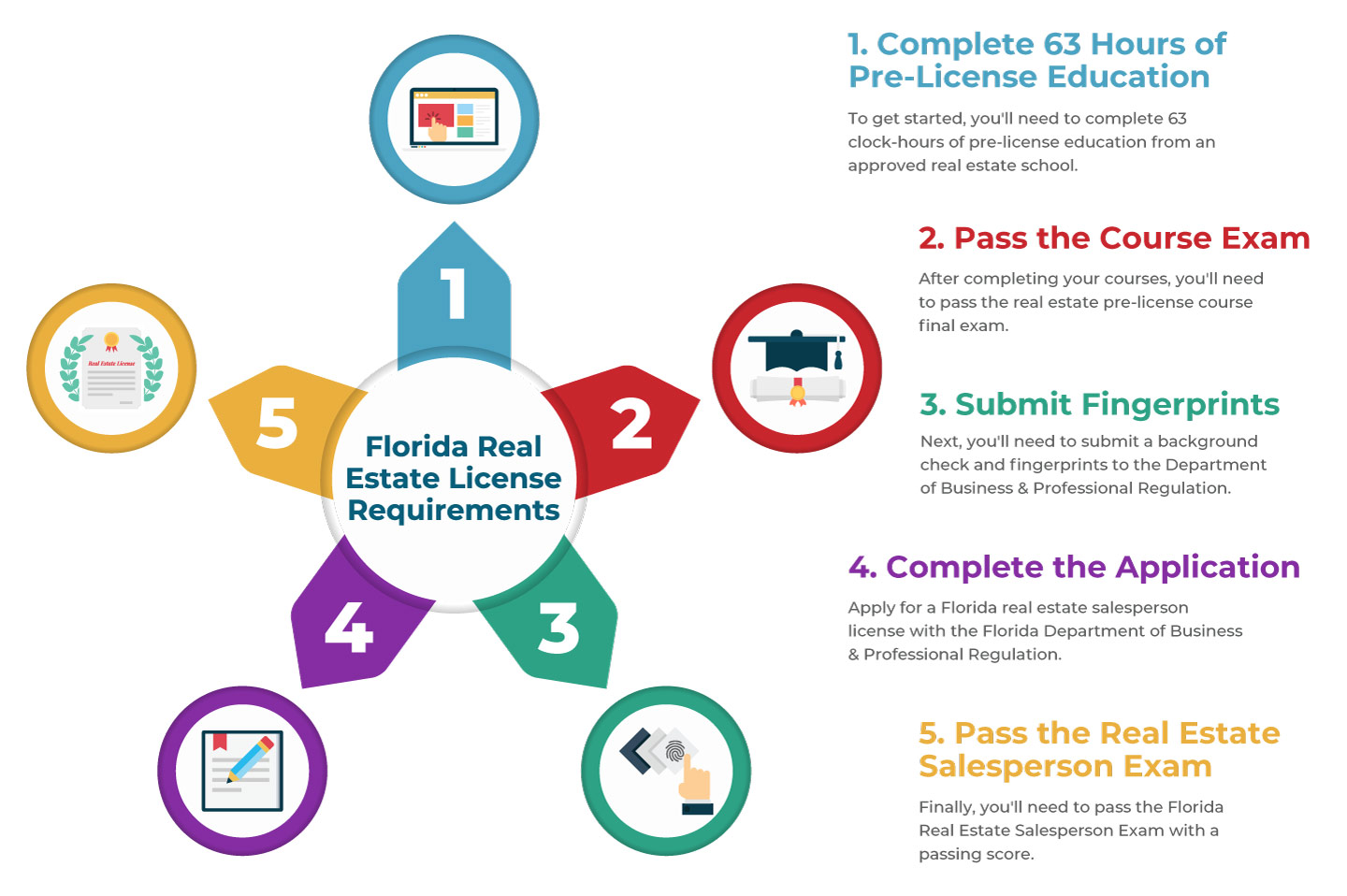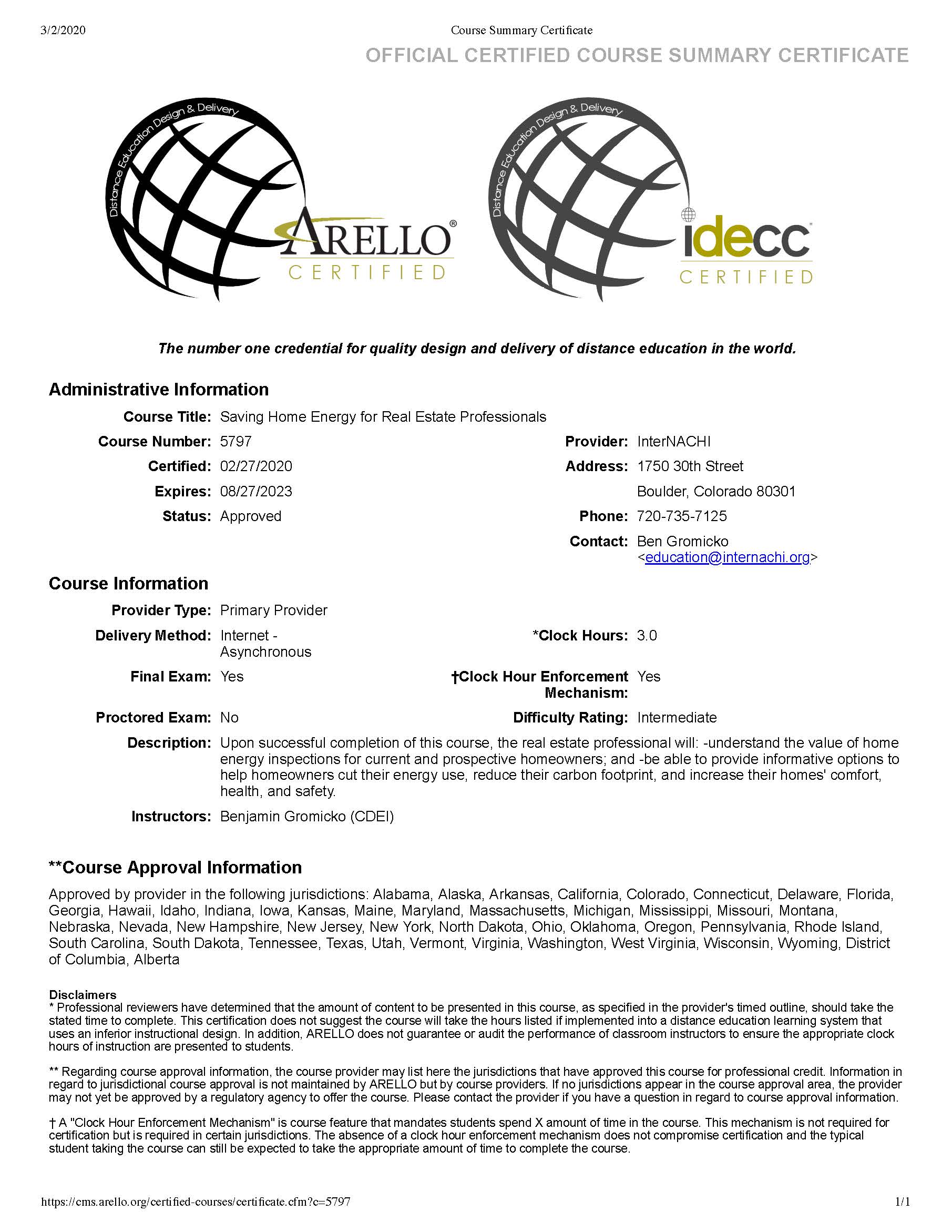
It is important to understand the requirements for getting a license as a realty agent in Illinois. These include the Exam, requirements for the license, and requirements for licencing agents. Find out how to apply and what you need to do. Find out how much you have to pay for your license.
Exam requirements
The Illinois real-estate licensing exam is a multiple-choice test that includes a national and state-specific part. Each test contains approximately 140 questions. Five of the questions are experimental. Each section has questions of varying difficulty. 75 marks are required to pass each section. The exam requires approximately four hours to complete. It is important to study as much as you can for the exam.

Pre-licensing courses of approximately 90 hours include 75 hours of textbook study and 15 hours of online learning. There are many types of programs available, including fast-paced courses, daytime classes, and evening programs. Self-study programs are also available. To obtain a Illinois real estate license, self-study courses require a minimum score.
The requirements to obtain a license as a leasing agent
There are a few things you should do before becoming a Illinois leasing agent. A broker's license is required. This license allows the ability to represent tenants or landlords. The license allows you the opportunity to become a real estate broker or lease residential property.
The state requires that a leasing agent be licensed. This exam contains scenario questions, pre-test questions and scored questions. To become an Illinois licensed leasing agent, you must score at least 75 percent. The entire exam takes two and half hours.
Steps to apply for an Illinois real estate license
Before you can start real estate practice in Illinois, you will need to get a license from the Division of Real Estate. The state requires applicants pass the state's examination administered by PSI. All license applicants must have a sponsoring managing brokerage. This sponsoring broker must sponsor the applicant's license application.

The Illinois licensing process for real estate will take between three and six months. You must take a 75-hour course in real estate from an accredited school before you can be licensed. If you're unsure of which school to take, try taking a free trial online course to get a sense of what to expect.
FAQ
What are some of the disadvantages of a fixed mortgage rate?
Fixed-rate mortgages have lower initial costs than adjustable rates. If you decide to sell your house before the term ends, the difference between the sale price of your home and the outstanding balance could result in a significant loss.
What is a Reverse Mortgage?
Reverse mortgages allow you to borrow money without having to place any equity in your property. It allows you access to your home equity and allow you to live there while drawing down money. There are two types to choose from: government-insured or conventional. With a conventional reverse mortgage, you must repay the amount borrowed plus an origination fee. FHA insurance covers your repayments.
Should I rent or own a condo?
Renting is a great option if you are only planning to live in your condo for a short time. Renting allows you to avoid paying maintenance fees and other monthly charges. You can also buy a condo to own the unit. You have the freedom to use the space however you like.
What should you consider when investing in real estate?
First, ensure that you have enough cash to invest in real property. You can borrow money from a bank or financial institution if you don't have enough money. It is important to avoid getting into debt as you may not be able pay the loan back if you default.
You must also be clear about how much you have to spend on your investment property each monthly. This amount must cover all expenses related to owning the property, including mortgage payments, taxes, insurance, and maintenance costs.
You must also ensure that your investment property is secure. It would be best if you lived elsewhere while looking at properties.
Can I buy a house without having a down payment?
Yes! Yes. There are programs that will allow those with small cash reserves to purchase a home. These programs include conventional mortgages, VA loans, USDA loans and government-backed loans (FHA), VA loan, USDA loans, as well as conventional loans. Check out our website for additional information.
How long does it take for my house to be sold?
It depends on many factors, such as the state of your home, how many similar homes are being sold, how much demand there is for your particular area, local housing market conditions and more. It may take 7 days to 90 or more depending on these factors.
How many times can I refinance my mortgage?
This will depend on whether you are refinancing through another lender or a mortgage broker. In either case, you can usually refinance once every five years.
Statistics
- This means that all of your housing-related expenses each month do not exceed 43% of your monthly income. (fortunebuilders.com)
- Private mortgage insurance may be required for conventional loans when the borrower puts less than 20% down.4 FHA loans are mortgage loans issued by private lenders and backed by the federal government. (investopedia.com)
- It's possible to get approved for an FHA loan with a credit score as low as 580 and a down payment of 3.5% or a credit score as low as 500 and a 10% down payment.5 Specialty mortgage loans are loans that don't fit into the conventional or FHA loan categories. (investopedia.com)
- This seems to be a more popular trend as the U.S. Census Bureau reports the homeownership rate was around 65% last year. (fortunebuilders.com)
- The FHA sets its desirable debt-to-income ratio at 43%. (fortunebuilders.com)
External Links
How To
How to Purchase a Mobile Home
Mobile homes can be described as houses on wheels that are towed behind one or several vehicles. They have been popular since World War II, when they were used by soldiers who had lost their homes during the war. Today, mobile homes are also used by people who want to live out of town. These houses come in many sizes and styles. Some houses have small footprints, while others can house multiple families. Even some are small enough to be used for pets!
There are two main types mobile homes. The first type is produced in factories and assembled by workers piece by piece. This is done before the product is delivered to the customer. Another option is to build your own mobile home yourself. First, you'll need to determine the size you would like and whether it should have electricity, plumbing or a stove. You'll also need to make sure that you have enough materials to construct your house. To build your new home, you will need permits.
If you plan to purchase a mobile home, there are three things you should keep in mind. You may prefer a larger floor space as you won't always have access garage. Second, if you're planning to move into your house immediately, you might want to consider a model with a larger living area. You'll also want to inspect the trailer. Damaged frames can cause problems in the future.
Before buying a mobile home, you should know how much you can spend. It is important to compare the prices of different models and manufacturers. You should also consider the condition of the trailers. Many dealerships offer financing options but remember that interest rates vary greatly depending on the lender.
You can also rent a mobile home instead of purchasing one. You can test drive a particular model by renting it instead of buying one. Renting isn’t cheap. The average renter pays around $300 per monthly.